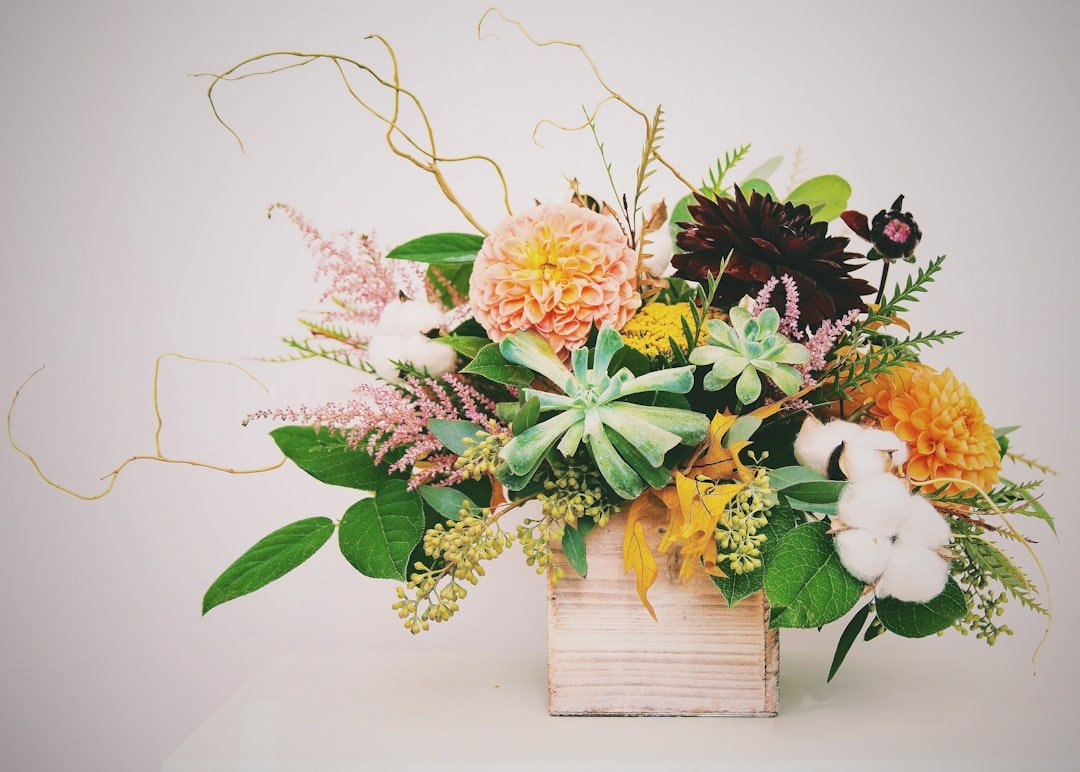
Grief is a universal human experience that transcends borders and cultures. When it comes to honoring the deceased and providing comfort to the bereaved, funeral flowers have played a significant role in various cultures around the world for centuries. These floral arrangements carry deep symbolic meanings and offer a timeless way to express condolences and commemorate the lives of those who have passed on.
The Symbolism of Funeral Flowers
Funeral flowers are not merely decorative objects; they hold symbolic significance that varies across different cultures. For example, in many Western societies, lilies are commonly associated with funerals and represent the restored innocence of the soul of the departed. On the other hand, chrysanthemums, while popular at funeral services in Japan, signify grief and are typically reserved for such occasions.
Cultural Differences in Funeral Flower Customs
Each culture has its own unique customs and traditions surrounding the use of funeral flowers. In some Asian cultures, white or yellow flowers are preferred for funerals, as they symbolize purity, rebirth, and respect for ancestors. Conversely, red flowers are typically avoided, as they are associated with happiness and are deemed inappropriate for somber occasions.
Western Funerals
In Western cultures, funeral flowers are often arranged in wreaths, sprays, or bouquets. Roses, carnations, and lilies are among the most commonly used flowers for funeral arrangements in Western societies. The choice of colors, such as white for purity or red for love, can convey specific messages of condolences and sympathy.
Eastern Funerals
In Eastern cultures, such as those in China and Korea, white and yellow chrysanthemums are commonly used in funerals to honor the deceased and express grief. These cultures also place importance on the number of flowers in an arrangement, as odd numbers are considered lucky and even numbers are associated with bad luck.
The Healing Power of Funeral Flowers
Funeral flowers not only serve as symbols of remembrance but also play a role in the healing process for the bereaved. The presence of colorful blooms and the sweet fragrance of flowers can provide a sense of comfort and peace during a difficult time, offering a temporary escape from grief and sorrow.
Modern Trends in Funeral Flower Arrangements
While traditional customs still hold significant meaning in many cultures, modern trends in funeral flower arrangements are also emerging. Personalized floral tributes, such as bespoke arrangements in the shape of favorite objects or symbols of the deceased, are becoming increasingly popular as a way to celebrate the unique life of the individual being honored.
Sustainability in Funeral Flowers
As environmental awareness grows, there is also a rising interest in sustainable and eco-friendly funeral flower options. Biodegradable flower arrangements, organic blooms, and locally sourced plants are gaining traction as a way to reduce the ecological footprint of funeral services while still honoring cultural traditions.
Etiquette and Considerations for Sending Funeral Flowers
When sending funeral flowers, it is essential to consider cultural sensitivities and religious beliefs. Some cultures may have specific taboos regarding certain colors or types of flowers, so it is advisable to consult with a local florist or funeral director for guidance on appropriate floral choices.
Funeral Flowers as a Form of Lasting Tribute
Beyond their immediate role at funeral services, flowers can also serve as a lasting tribute to the memory of the deceased. Planting a memorial garden or preserving funeral flowers as dried arrangements can offer a tangible way to honor the legacy of a loved one long after the mourning period has passed.
Embracing Diversity and Tradition Through Funeral Flowers
While funeral flower customs may vary widely across different cultures and regions, one common thread remains—the universal need to pay respects to the departed and show support for the grieving. By understanding the cultural significance of funeral flowers, we can embrace diversity and tradition in a meaningful way that transcends language barriers and unites us in shared humanity.
Celebrating Life Through Floral Tributes
As we navigate the delicate balance between honoring the past and embracing the future, funeral flowers stand as timeless symbols of love, remembrance, and hope. In their delicate petals and vibrant hues, we find solace and connection, weaving a tapestry of cultural richness that celebrates the intricate tapestry of life itself.
